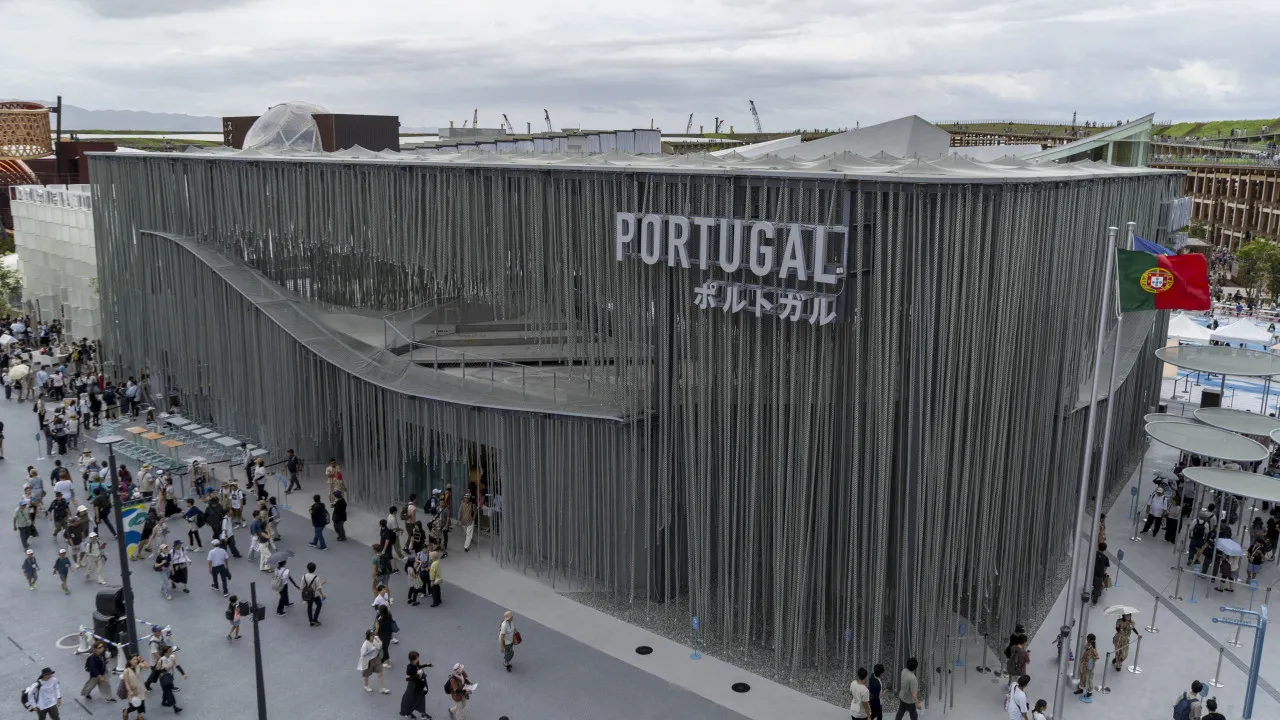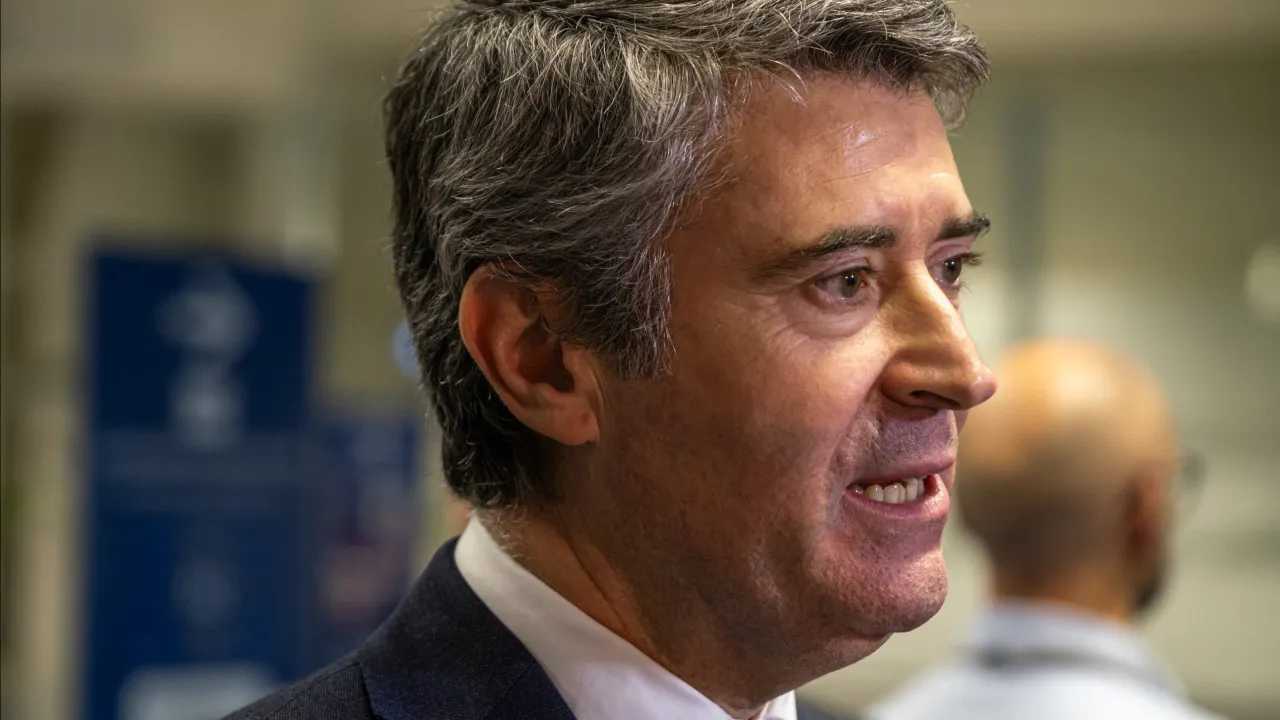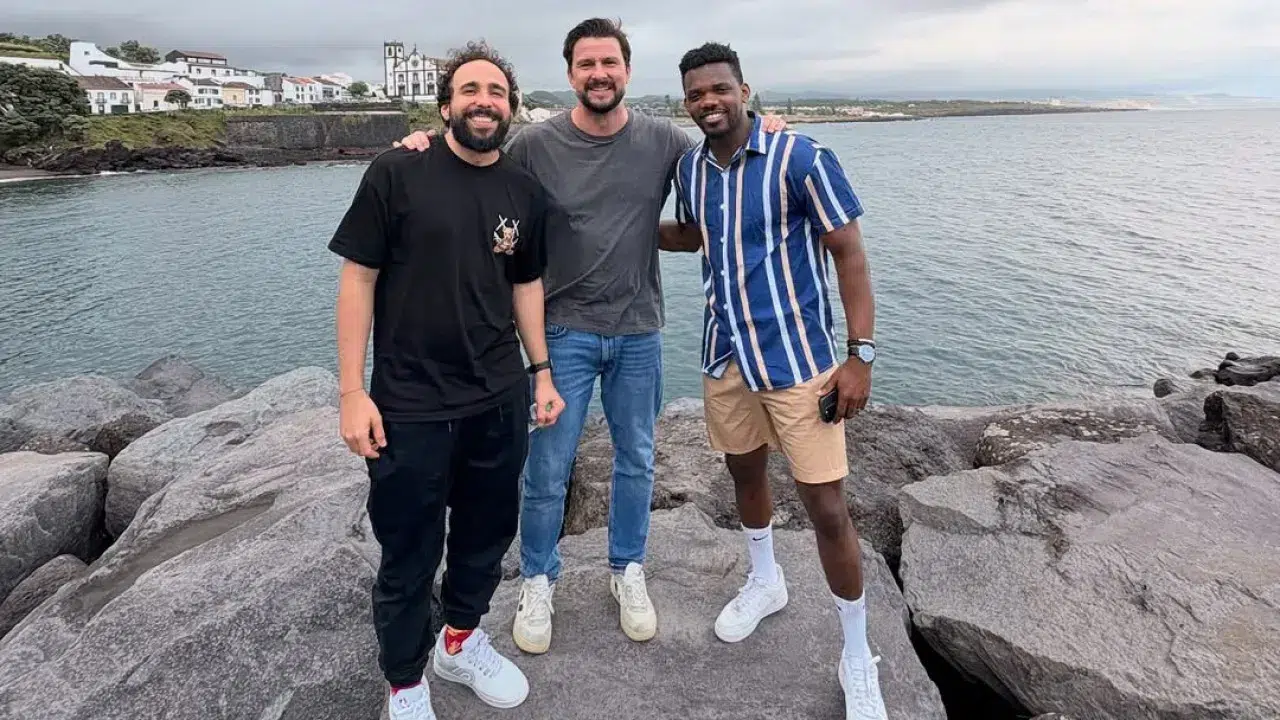
Bernardo Amaral announced today that six Portuguese entities have signed agreements since the start of the event on April 13, including Universidade Católica, which will collaborate with Sophia University in Tokyo.
CorksRibas, based in Santa Maria da Feira, a supplier of cork used in the Portugal Pavilion, has entered into a new decade-long partnership with Japanese company Toa-Cork, he noted.
Turismo de Portugal has established a contract with its Japanese counterpart, and Better With Almonds, an almond producer from Idanha-a-Nova, “had an excellent meeting with a Japanese distributor,” added Amaral.
“We are extremely proud that, three months later, these deals have already been completed. We are confident that in the next two to three years, the numbers will be much larger,” Amaral assured.
The director of the Portugal Pavilion expressed no doubt that the overall investment of around 21 million euros in the project proved worthwhile due to its “media attraction” and the number of visitors.
Joana Gomes Cardoso, Portugal’s commissioner-general at Expo2025 in Osaka, mentioned on Friday that the space has already exceeded one million visitors, although the target for the entire event was 1.2 million.
However, Bernardo Amaral now anticipates that up to two million people might visit the Portugal Pavilion by October 13, especially as the organization reported a “significant increase in ticket sales for the final month.”
One of the missions of the space is “internationalizing the economy and attracting foreign investment,” serving as “a platform for Portuguese companies and institutions to project themselves in Japan,” Amaral stated.
Designed by Japanese architect Kengo Kuma, the space spans 1,800 square meters and features a terrace, two permanent exhibition areas, a shop, and two multipurpose rooms.
One room, previously managed by Universidade de Aveiro, is now used by the Fundação Oceano Azul to demonstrate “global solutions” for the oceans, Amaral reported.
The foundation invited BlueBio Aliance to “highlight” blue bioeconomy products that are “success stories,” Raquel Gaião Silva, a network board member, told Lusa.
“These startups, despite being international, have all operated in Portugal,” emphasized Gaião Silva.
Some are interested in exploring the Japanese market, and the manager believes they can “attract potential partners” during the Expo, while others seek to “learn from Asian countries,” particularly in aquaculture.
“The idea is for us to have an open door here [in Japan],” Gaião Silva emphasized.




